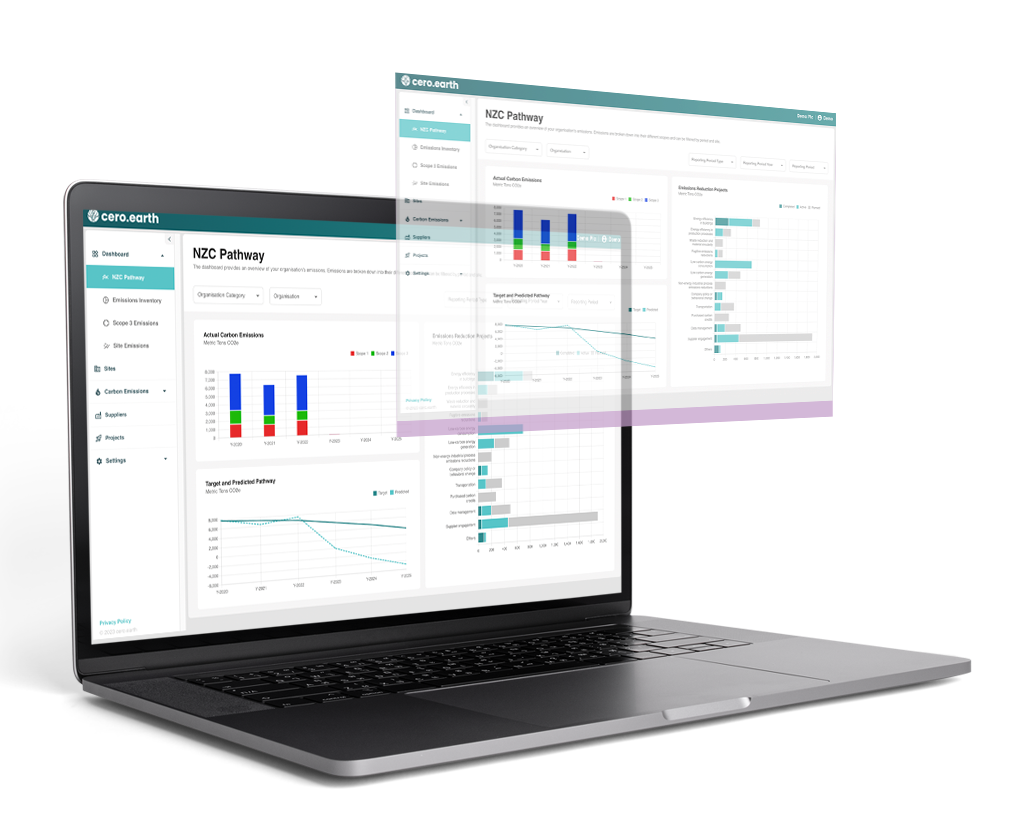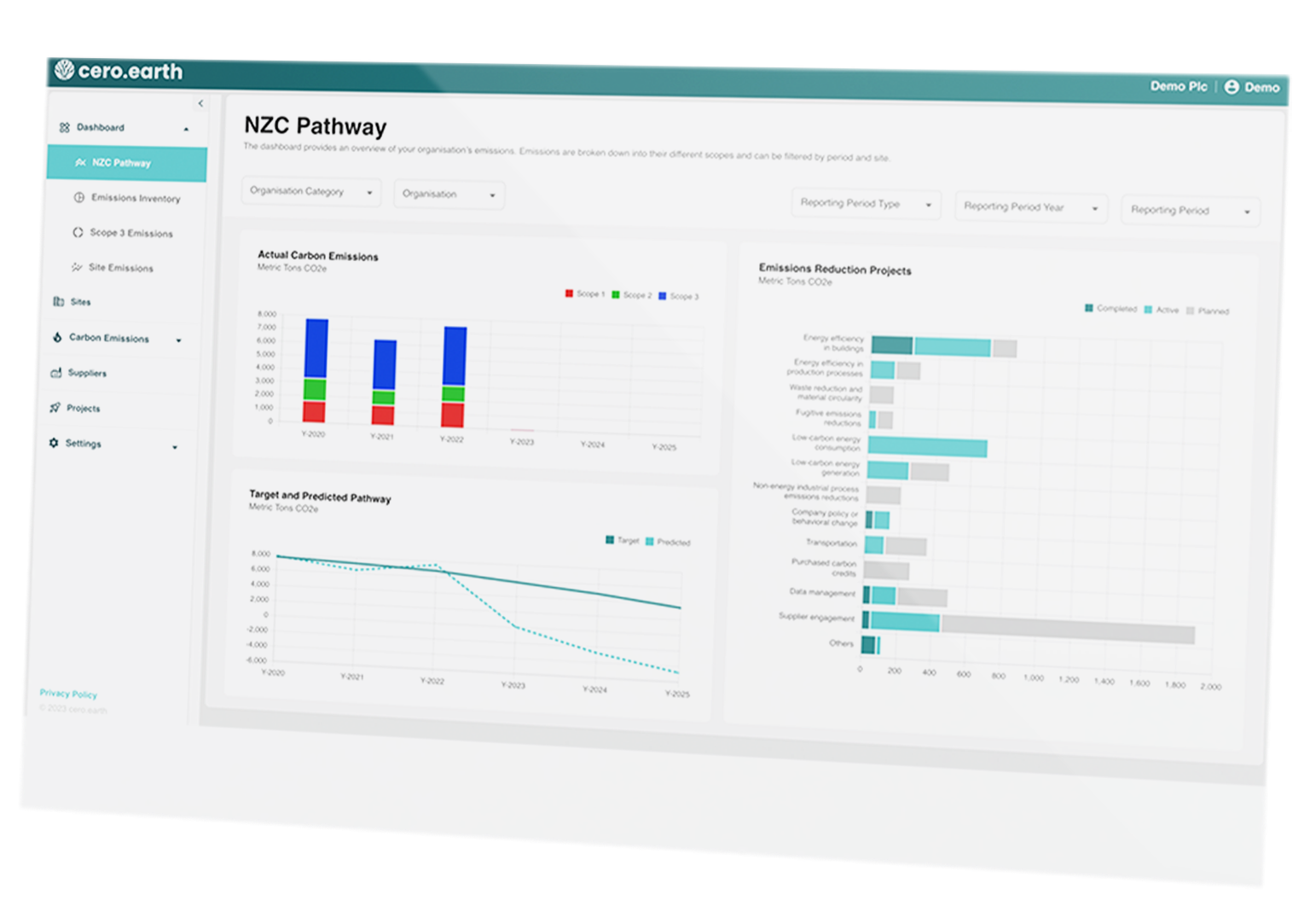by Doug Mccauley
•
10 June 2025
As energy prices climb, staff costs rise, and local authority budgets tighten, leisure centres across the UK are navigating choppy waters. Nowhere is this pressure felt more acutely than in facilities with swimming pools. These highly valued public assets are also among the most energy-intensive parts of any leisure operation, with heating, ventilation, water treatment, pumps and lighting systems operating almost constantly. According to a Lords report, between 2021 and 2024, 77 local authority managed leisure centres across the UK closed, many citing increases in utility costs as a contributing factor. In 2023, a medium sized operator of public leisure centres announced that it's utility costs had increased from £8m in 2021 to an estimated £24m in 2024. Yet, despite these pressures, swimming pools remain a vital part of the health and wellbeing infrastructure in our communities. The challenge is to safeguard their future by reducing operational costs and environmental impact while maintaining, or ideally improving, comfort and safety for bathers. This is where a focused, evidence-led approach to energy efficiency becomes not just a sustainability initiative, but a financial and operational necessity. Understanding the Challenges Operators of swimming pools in the public and private sectors are facing a perfect storm: Rising utility costs : Volatile energy markets and increasing wholesale prices mean that the cost of running a pool is often the single largest line item in an operator's budget. Ageing infrastructure : Many leisure centres were built decades ago, with plant and building fabric now well beyond their optimal design life. Staffing pressures : Increased employer National Insurance contributions, inflationary wage growth, and recruitment challenges in technical and operations roles strain budgets further. Local authority cuts : For council-run sites or those operated under local authority contracts, budget reductions mean less funding for capital improvements, making it harder to invest in long-term savings. In this environment, energy efficiency isn't just about sustainability; it is core to financial survival. Ten Focus Areas for Energy Efficiency in Swimming Pool Operations edenseven have worked with a wide range of leisure operators across the UK, from large national chains, local authority and privately run leisure centres and single-site independents. While every facility is unique, there are ten consistent focus areas that can help reduce costs and improve user experience. 1. Pool Hall Air Handling Systems Air handling units (AHUs) that serve the pool hall are often some of the most energy-intensive pieces of equipment in a leisure centre. Retrofitting systems with high-efficiency heat recovery, variable speed fans, and improved controls can yield significant savings. Maintaining optimal humidity and air temperature also reduces condensation and improves comfort and reduces building degradation. 2. Pool Water Heating and Temperature Management Upgrading boiler systems or integrating renewable sources such as heat pumps can drastically reduce energy usage. Modern controls, temperature stratification management, and insulation of pipework all contribute to system efficiency. Managing water temperatures to an optimal level reduces the need for backwashing. Higher pool water temperatures lead to increased microbiological growth and a higher need for backwashing and chemical dosing. 3. Lighting Efficiency LED lighting retrofits, particularly in pool halls and plant rooms, provide rapid returns on investment. Coupled with intelligent lighting controls (e.g., occupancy sensors in changing villages and toilets, and daylight dimming), this can lower costs while enhancing visibility and safety. 4. Building Fabric and Insulation Improved insulation of walls, roofs, and glazing can reduce heat loss, especially in pool halls where thermal demand is constant. Draught-proofing and maintenance of seals around windows and doors are low-cost measures that can have a noticeable impact. 5. Water Treatment System and Backwash Optimisation Advancements in filtration and chemical water treatment technologies, such as glass-media filtration and UV treatment, can reduce the need for chemical dosing and water changes. Smart controls help optimise chemical usage, water balance, and backwash schedules, lowering energy and water consumption. 6. Pool Covers and Evaporation Management Heat loss due to evaporation is one of the largest energy drains in any pool. High-quality, well-fitted pool covers can reduce overnight losses dramatically. Automatic covers also improve usability and safety. Consideration should be given to using surplus heat from other parts of the operation or other local businesses if possible - data centres or industrial processes could prove to be ideal partners. 7. Smart Controls and Building Management Systems (BMS) Many leisure centres are under-utilising their existing BMS or lack one altogether. Integrating systems and enabling real-time monitoring and automated control can unlock both energy and operational efficiencies. 8. Renewable and Low Carbon Technologies On-site solar PV, air or ground source heat pumps, and battery storage can help offset rising energy prices. While capital intensive, these measures may qualify for grant support or financing options that align with local authority decarbonisation plans. 9. Staff Training and Customer Engagement Empowering staff with energy awareness training and involving them in optimisation routines often leads to behavioural changes that enhance the impact of technical interventions. From plant operators to lifeguards, everyone has a role to play. Engaging with customers to shower before using the pool reduces biological loading and the need for chemicals and backwashing, saving water, energy and chemicals. 10. Data Monitoring and Continuous Improvement You can't manage what you don't measure. Installing sub-metering, using analytics platforms like cero.earth, and setting performance benchmarks allows leisure centre operators to track progress and target interventions more precisely. This data-led approach drives accountability and long-term success. Planning the Journey: From Audit to Action There is no one-size fits all solution, but there is a process. Most successful transformations start with a detailed energy and plant condition audit, tailored to the unique operational profile of the site. From here, a prioritised action plan can be developed, balancing short-term wins with longer-term investments. Understanding funding routes for public sector managed facilities is also critical. Many operators overlook opportunities for central government or local authority-backed capital funding. Our team has supported clients in identifying and securing funding through schemes such as the Public Sector Decarbonisation Scheme and local net-zero initiatives. Crucially, implementation must be done in a way that minimises disruption to operations and maintains health and safety standards. That means working closely with operational staff, technical teams, and supply chains. A Sustainable Future for Swimming At edenseven we believe that every leisure centre and swimming pool in the UK can be part of a more sustainable future, one where communities continue to benefit from the physical and mental wellbeing that swimming pools and leisure centre facilities offer, without shouldering unsustainable costs. Our role as a sustainability consultancy is not to offer off-the-shelf solutions, but to partner with clients to understand their context, build the right roadmap, and support delivery at every stage. From strategic advice and audits, through to technical specification and project management, our credibility is built on a track record of helping leisure operators navigate these exact challenges. If you are responsible for a facility that includes a swimming pool, now is the time to act, come and talk to us . Rising costs are unlikely to reverse themselves, but with the right expertise and a structured approach, they can be managed and even turned into opportunities to improve performance and bather comfort, engage with you customers and improve your leisure centre’s environmental impact.








